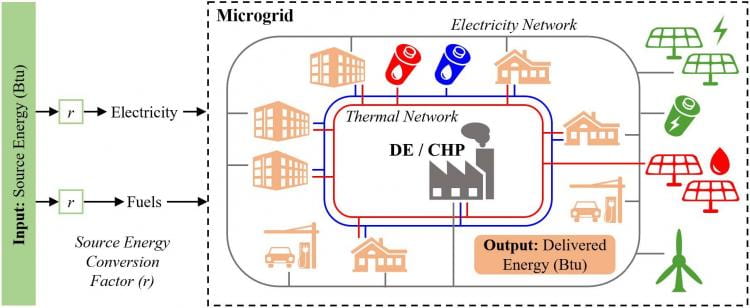
SBS lab member Jake Castellini’s paper, titled “Quantifying Spatiotemporal Variability in Occupant Exposure to an Indoor Airborne Contaminant with an Uncertain Source Location,” was published in the journal Building Simulation this month. He worked with fellow lab member Cary Faulkner and Michael Sohn of Lawrence Berkeley National Lab to complete this project, which was sponsored by the Department of Energy’s Defense Threat Reduction Agency.
Most models simulating occupant exposure to contaminants in buildings use well-mixed zone models, which assume that contaminant levels are the same throughout a room (or zone). However, these models can under-predict high concentrations of contaminants because of this assumption. In contrast, CFD models are able to predict spatiotemporal variation but are computationally expensive. Jake’s paper describes a new method to parametrically characterize the spatiotemporal variability observed in CFD simulations as a first step in developing stochastic room surrogate models to replace well-mixed room representations.
Congratulations to Jake! His paper can be found for free here: https://rdcu.be/c7j8C










